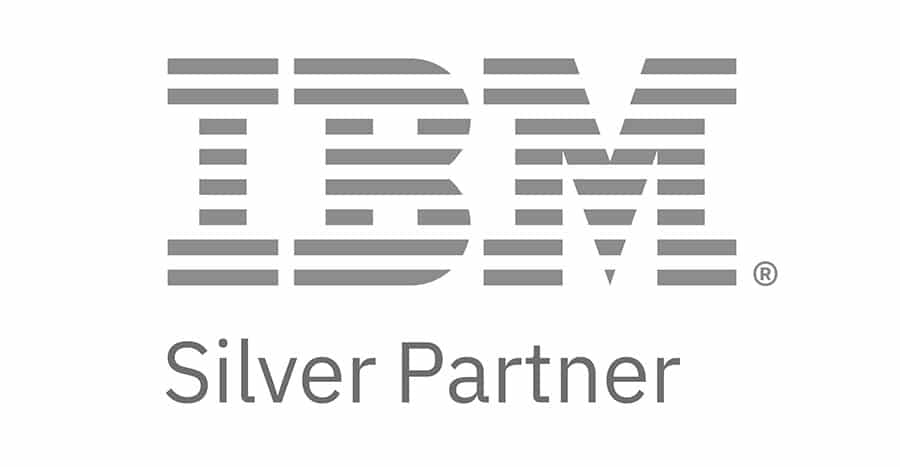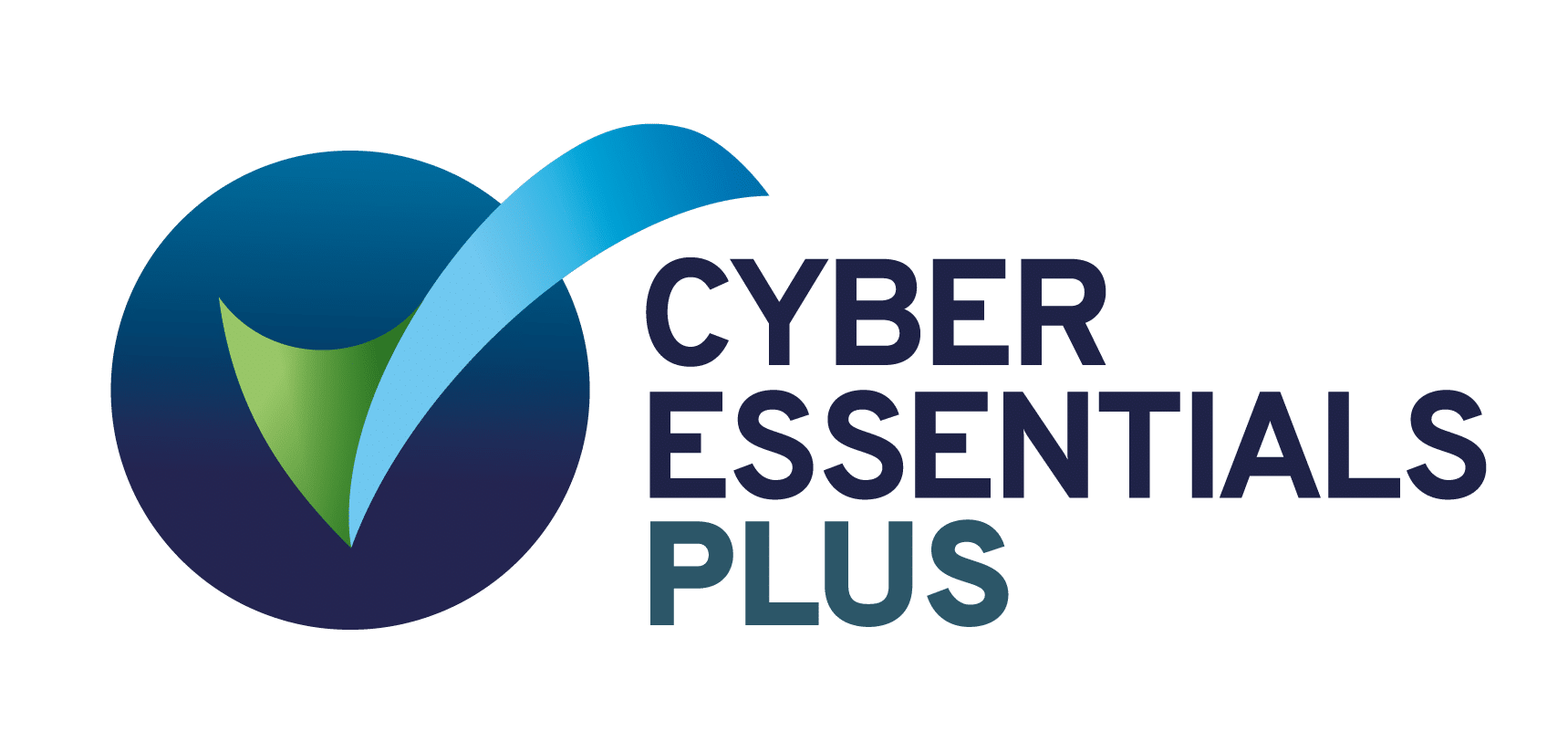Slash Purchase Ledger Costs by 70%: The Fully Automated Invoice Processing Solution
In every organisation, Purchase Ledger departments are challenged with cutting operating costs, while ensuring invoices are promptly paid and mishandling does not compromise hard-earned business relationships. According to research, manual P/L processes are costing companies on average £3-£6 per invoice and reducing employee productivity by 50%.
Issues in the Current State
There are a number of challenges related to P/L invoice processing, including:
- Errors associated with manual data entry in accounting systems
- Slow turn-around time due to manual routing, processing, and sign-off procedures
- involving individuals in different departments
- Inefficiencies due to time spent gathering physical documents in order to match invoices with purchase orders, contracts, and accounting system records (with the occasional need to contact the supplier for additional information or documentation)
- Inability to maximise financial benefits associated with payment schedules (such as discounts for early payments, or avoiding late fee payments)
- Risk of document loss or damage, as documents are received at multiple input points and may be routed or classified incorrectly
- Costs associated with manual document routing, shipping, couriers, storage, etc.
- Inability to easily audit invoice processing and payments to match up document flow with the accounting system
IMS have developed a solution that combines automatically processing invoices through Three Way Matching with the electronic receipt of invoices. As more companies try to control expenditure through non stock purchase orders, this new process ensures that the vast majority of invoices can be fully processed automatically with no manual input. Other types of invoices can also be automatically processed if required.
Benefits
- Automated capture of data from multiple different invoice layouts.
- Electronic routing to the correct individual reduces the number of mis-routed or mis-placed invoices, saving time in exceptions.
- Time savings in matching invoices with purchase orders and contracts.
- Rules-based routing, escalation and delegation ensures timely processing of invoices
- E-signatures accelerate the internal sign-off process
- Improved ability to schedule payments to align with the organisations accounting practice and to optimise cash management.
- Reduction in paper storage costs
- Reduced time for post-payment issue resolution and audits due to on-line accessibility of documents



